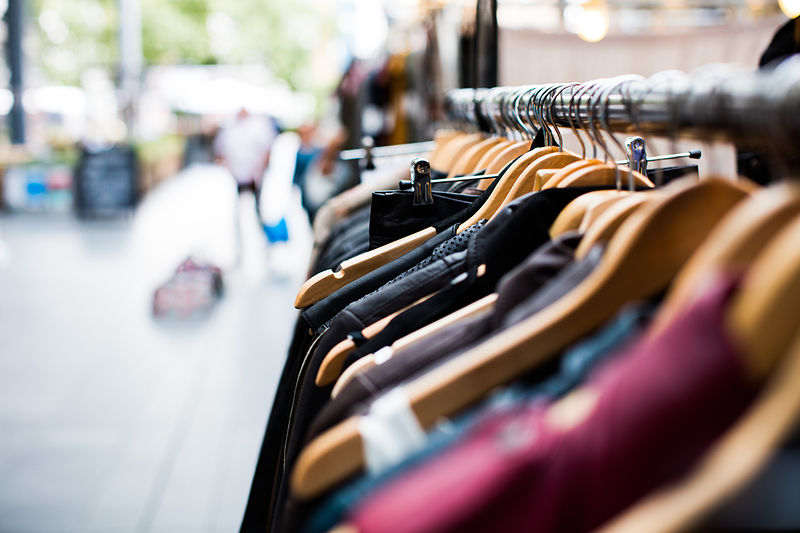
‘Retail therapy’ is no joke when you realise that £310,014 million was spent by consumers in the last quarter of last year [1]. Whilst the impulse buys give us a hit of good feeling, there’s an almost imperceptible line between a spot of shopping impulsiveness, and a shopaholic’s compulsiveness.
Given the lay term ‘shopaholic’, this downplays the serious nature of a compulsive psychological condition sometimes known as Compulsive Buying Disorder, or Compulsive Spending Disorder . How can you know if you, or someone you love, is a shopaholic? Moreover, if so, what can be done about it?
Signs You May Have a Shopping Addiction
Spending in itself is not the crux of a problem. Typically, spending becomes a problem when you cannot afford the retail therapy ‘fix’, and the compulsion to buy leads to debt or even shoplifting. At its core is difficulty with impulse control, much as we readily understand in gambling, drinking, or eating addictions. Some indications that you may be a shopping addiction, rather than just enjoying a spot of retail therapy, include:
- Buying things is followed by remorse or guilt
- You attempt to hide or minimise your shopping habits
- You spend beyond your financial means, and are perhaps in debt
- You frequently buy things you don’t need, and didn’t plan to buy
- You have many unused, still labelled, purchases
- You are able to link feelings to shopping urges e.g. after an argument with a partner, or a sense of seeking a ‘pick me up’
- You feel mounting anxiety if you are unable to shop
- Other addictive behaviour or characteristics, past or present
- A feeling akin to an adrenalin rush when you make a purchase
In isolation, not all of these signs will indicate a shopping compulsion problem. However, if several signs are present and experienced repeatedly, then you may be a shopaholic. The good news is that once you’ve identified a problem, you are primed for tackling it, and with a little help, you can kick the habit into touch.
How to Tackle Your Shopaholic Problem:
As with all addictions, tackling the problem can be tricky. However, it is possible, especially with appropriate support. The sooner you do so, the sooner debt can be reduced and eliminated, and you can regain control and calm in your life.
Self-Help Solutions to Shopping Compulsion
Depending on how overwhelming your shopping addiction has become, you may be able to beat it with some simple self-help steps.
- Understand the Difference between Wants and Needs: With Shopaholics it’s easy to confuse wants for needs. Take time to consider each purchase – is it needed?
- Start a New Hobby or Exercise: if you can substitute the shopping activity with something else then this can help to break the habit. Exercise such as running or walking can help to give you the ‘feel good’ kick you’re looking for, without being hard on the wallet.
- Realise Your Triggers: identifying triggers for habits isn’t always as easy as it seems. If you keep a journal of what happens in the lead up to a shopping spree, then you can begin to narrow down the triggers and come up with different solutions to them such as calling a friend, having a bath, going for a walk or whatever appeals to you.
- Remove Temptation: When trying to break an addiction, you need to be especially kind to yourself. Therefore, don’t plan to meet a friend for coffee inside your usual shopping centre. Consider leaving all cards at home and only carrying a small amount of cash that you know will be sufficient for your outing.
If the Problem is too Big to Tackle Alone
Don’t feel ashamed if you are unable to kick the shopping habit alone. Being a shopaholic can be as hard to beat as any other addition. Seek support from loved ones, but also consider getting professional help. Simultaneously seek help with managing your debt, and getting psychological support to beat the underlying problem.
Debt support can be found through Debtors Anonymous, Step Change, or the National Debtline . Seek psychological support for being a shopaholic through your GP, or look for a private counsellor here .
Take the first step today towards beating over-spending, and say goodbye to the grip of being a shopaholic.
[1] http://www.tradingeconomics.com/united-kingdom/consumer-spending


